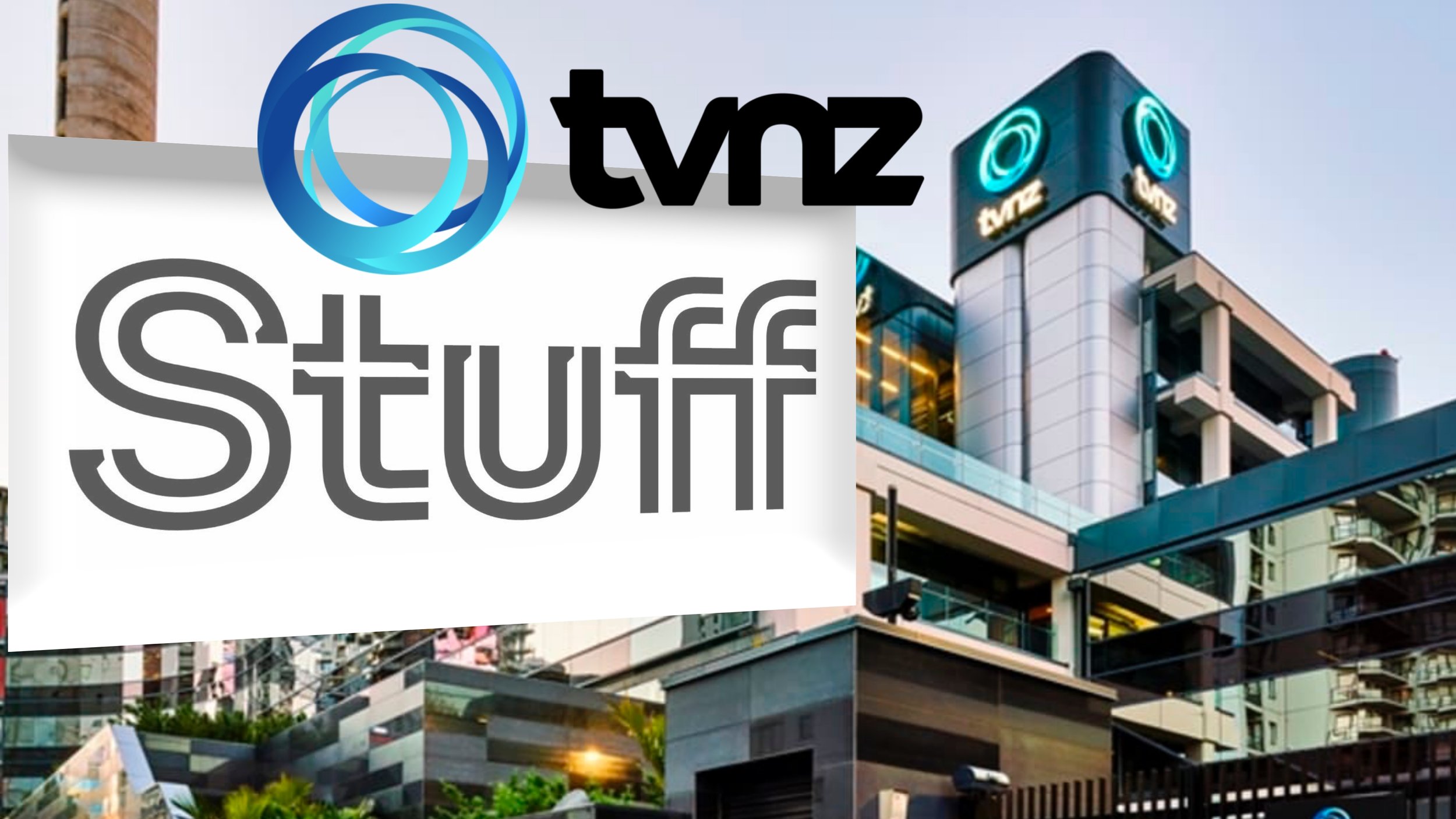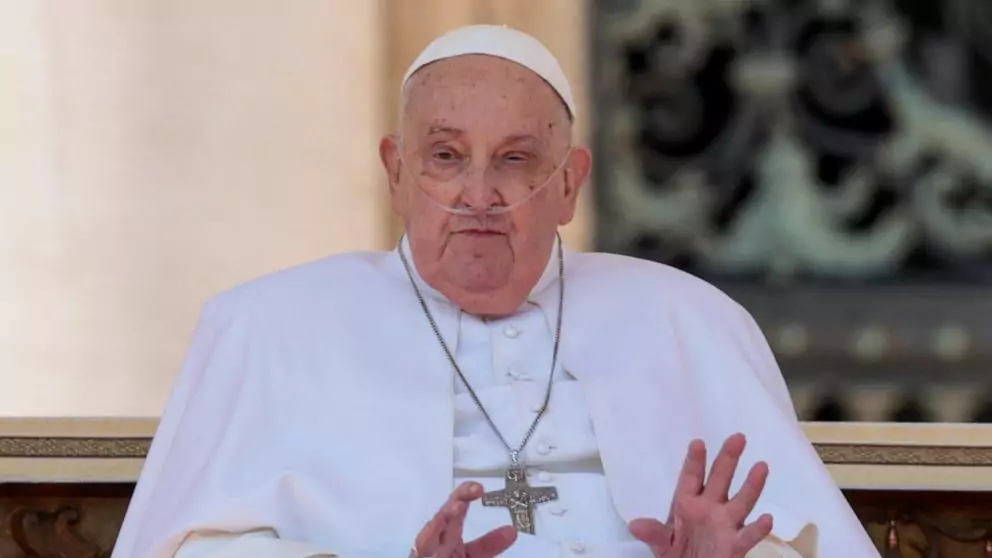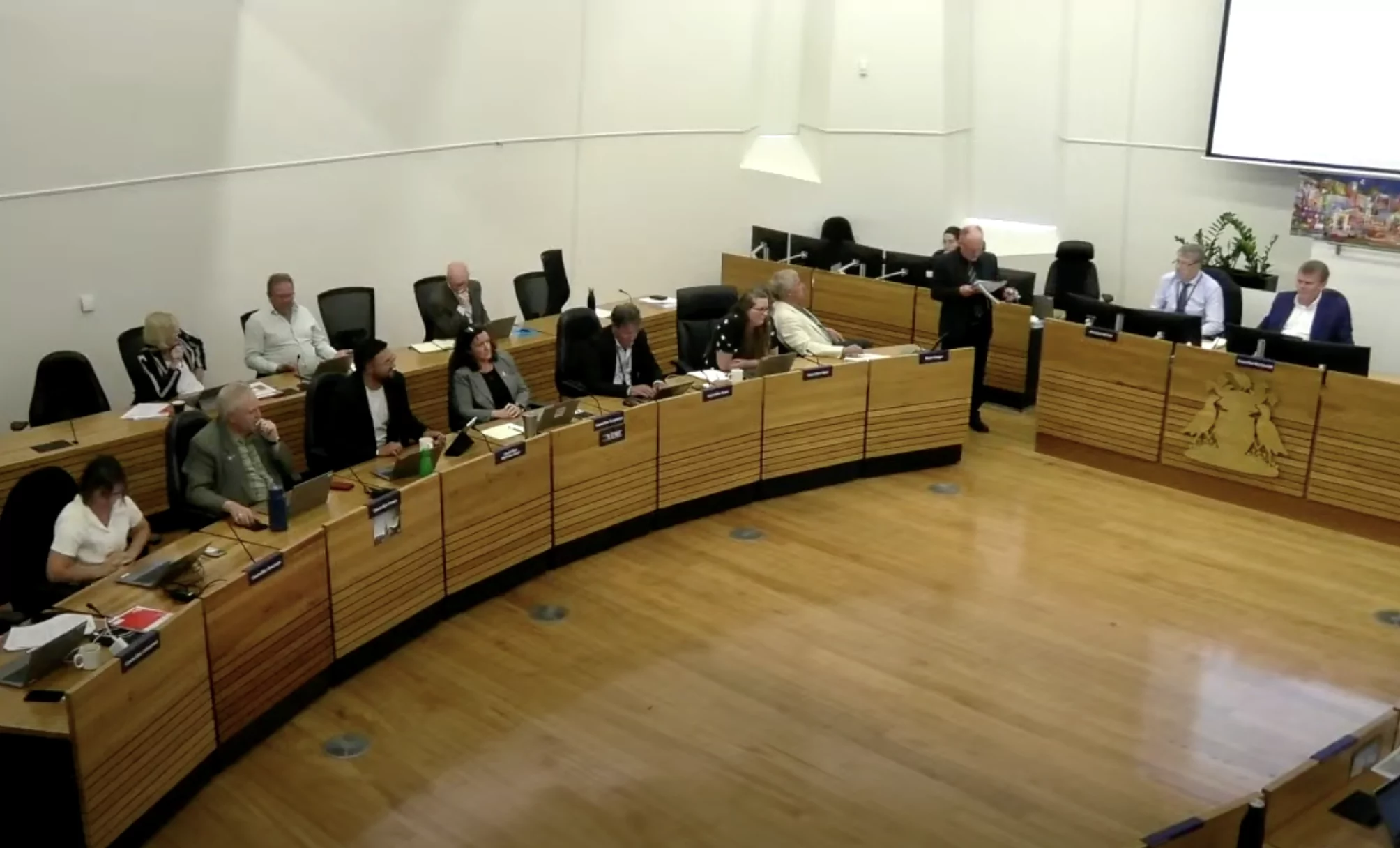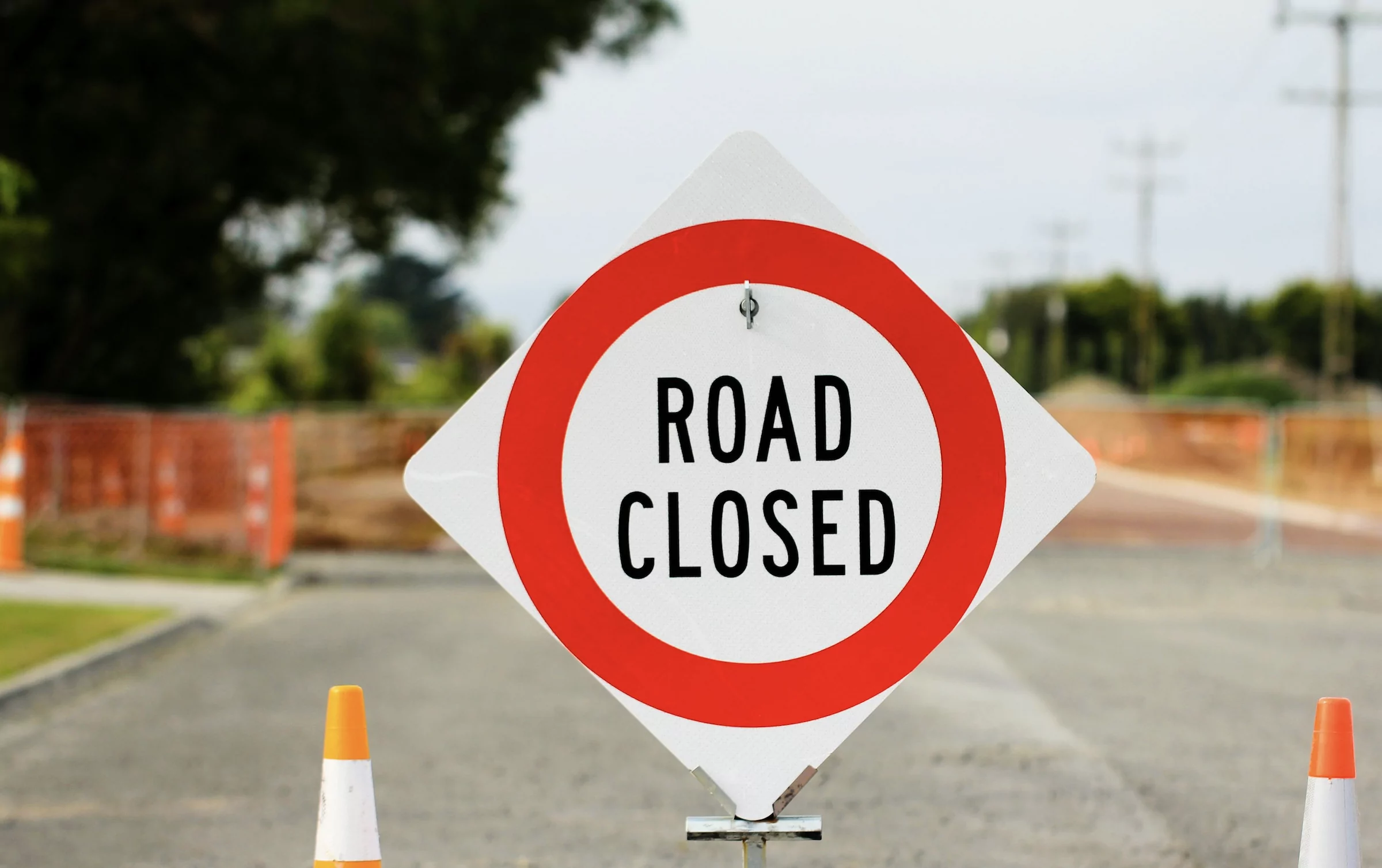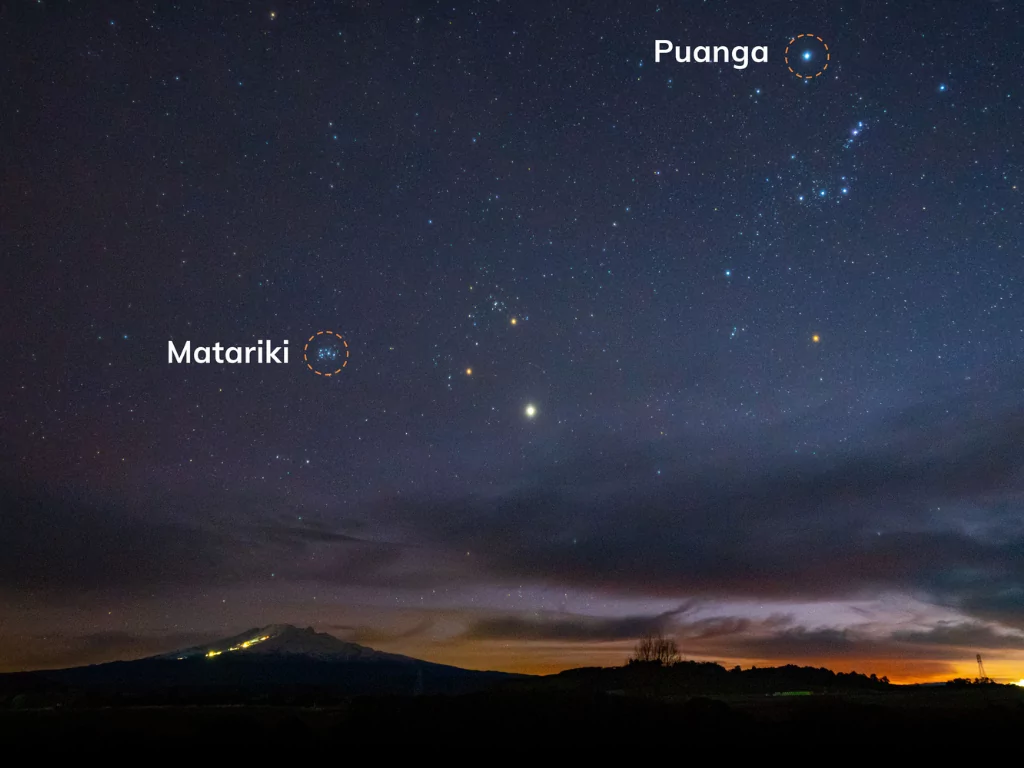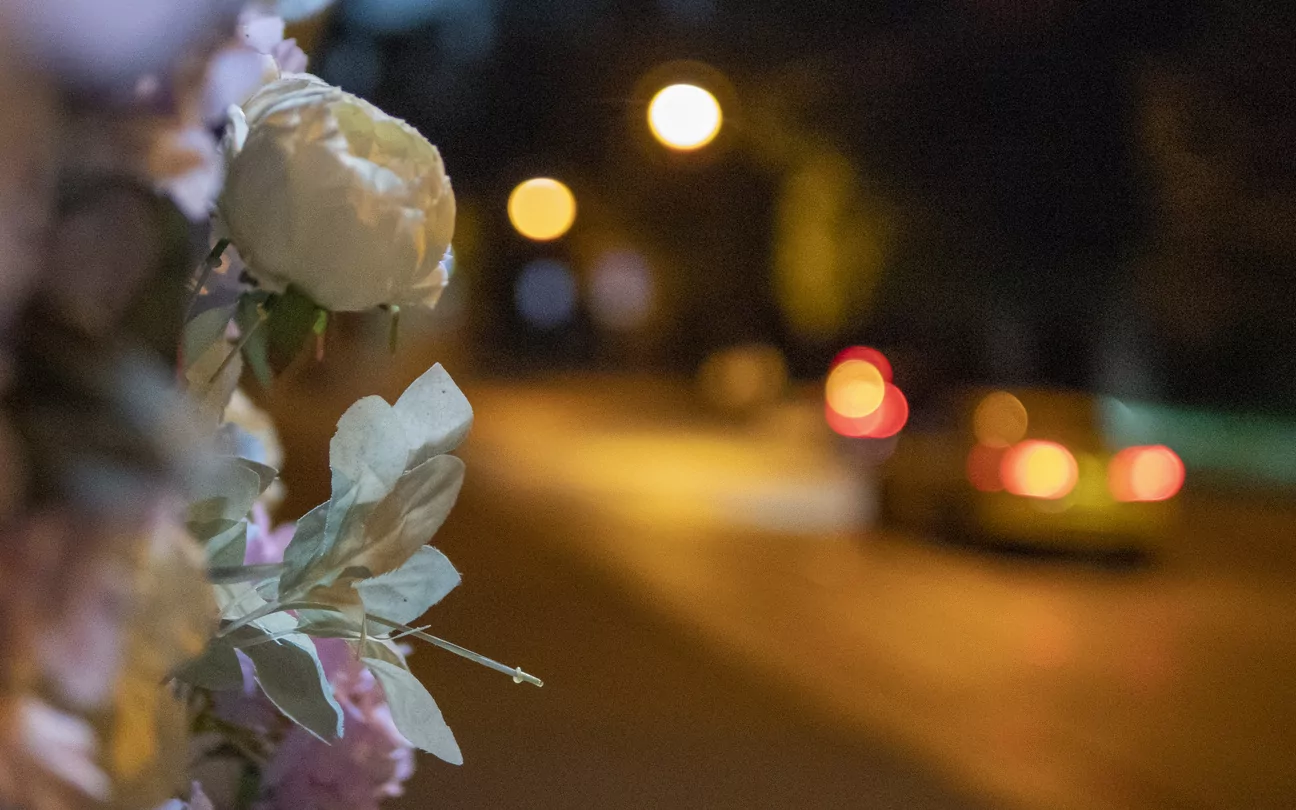The Government is facing accusations of manipulating news narratives, after paying TVNZ and Stuff advertising to feature content with hand-picked experts in their news segments and platforms.
In July, National’s Simeon Brown wrote to Energy and Resources Minister Megan Woods requesting the government’s advertising expenditure.
Thomas Cranmer, (not his real name) an online political commentator, first reported that the Government spent $200,000 between March 11, 2022, and November 26, 2022 with Stuff, as well as the $300,000 in November 2022 with TVNZ.
Woods said Energy Efficiency and Conservation Authority (EECA) entered discussions with TVNZ on a One special partnership on 23 May 2022.
On 31 October, the contract was signed, formalising the partnership.
A TVNZ staff member told Chris Lynch Media it was standard practice for governments to advertise with media companies – “but channelling those advertisements inside of programming – on-air time – as news content in television shows was unorthodox.”
The allocated $300,000 encompassed a package of multimedia coverage across TVNZ.
This included an hour-long prime-time climate special on TV1, online content hosted at 1news.co.nz and TVNZ.co.nz with a dedicated web page, digital banners, logo placement, and pre-roll commercials.
Additionally, five articles on 1News.co.nz, five social media posts on platforms such as Facebook, TikTok, and Instagram, a week’s worth of interviews with climate and energy experts on Breakfast TV, a Seven Sharp interview with an EECA ambassador, and 12 months of on-demand hosting for the Climate Special on TVNZ+ were part of this media package.
Cranmer said “the government paying the state-owned broadcaster to run news stories and interviews with hand-picked “experts” was pure political propaganda.”
However, a Television New Zealand spokesperson said “TVNZ is a commercially funded business and advertising supports our journalism.
“Transparency in advertising is important. We mark broadcast integrations with verbal and visual acknowledgements. Sponsorship credits are marked on TVNZ+. Digital intergrations include a ‘sponsored by…’ tag underneath the article headline.”
When asked how TVNZ justifies the inclusion of paid content by the Government in its broadcast shows, the spokesperson said “shows like Seven Sharp and Breakfast which traverse news and lifestyle content take commercial integrations.
“1News bulletins and current affairs programming (Fair Go, Sunday, Q+A, Te Karere) do not take this type of advertising material.
“This isn’t new for us. Seven Sharp has been sponsored by ASB for seven years and Good as Gold is a regular feature for example. Government agencies who advertise with us must follow the same commercial guidelines as any other advertisers.
It needs to be clear to the viewer what is paid for content and what is editorial content. Using elements like graphic pointers, logos of advertisers, verbal acknowledgement of a partnership achieves this” the spokesperson said.
However, former New Zealand Herald Media Writer John Drinnan said it was naive to think that a government agency using the taxpayer to pay for a journalist to promote policies is comparable to bank.
“There are special responsibilities for journalists, especially those in state media – to hold power to account.
“We have to acknowledge that the expectations of paid copy being separate from journalism are far gone.
“I disagree with apologists among journalists who say there’s nothing to see here.
“The main issue with paid journalism is that the story is defined by the client – in these cases the government – with interpretation defined by the government and designed to reflect government policy.
“There also appears to be a lack of transparency with TVNZ claiming one paid promotion to be a “documentary”.
The hour-long climate documentary was presented by TVNZ journalists, but didn’t have credits at its conclusion.
Drinnan said there has been a marked deterioration in “paid news” over the past 10 years, which coincided with a rapid slide in public distrust for journalists.
“I understand TVNZ smartly avoided taking money from the contentious public interest journalism fund – because it recognised the damage it would cause to the integrity of its news operation.
“Unfortunately, it has not taken as much care to prevent politicians from subverting editorial independence by the more attractive means of commercial contracts and associations.”
Megan Woods also released a breakdown of the $200,000 spent between 11 March 2022 – 26 November 2022.
“This was for a partnership between EECA and Stuff to support our key public engagement campaign that was in market over this period.
“The partnership captured and amplified stories and images of New Zealanders undertaking energy-related climate action to encourage others to do so.”
The $200,000 package included five Stuff.co.nz articles/stories written and posted on the Stuff website, display advertising across Stuff website, with a minimum of 5 million impressions (shown to readers on the site), specific video advertising placement on Stuff.co.nz to launch the campaign, five newspaper articles in Sunday Magazine, Your Weekend and Life Magazine, five Neighbourly stories across neighbourly.co.nz, “Digital Hub” (dedicated section on Stuff.co.nz) to house all the editorial content and all stories created.
Stuff Group Chief Executive Laura Maxwell did not respond to questions relating to this article.
In her written response to Simeon Brown, Minister Woods emphasised that this level of spending is typical for advertising campaigns and aligns with previous expenditures.
“As a comparison, the 2015/16 EnergyWise campaign, [under the John Key Government] which encouraged consumers to make intelligent decisions about heating and insulation, cost $274,299.00.
In conjunction, the EnergySpot campaign amounted to $2,463,396.00. The total advertising expenditure for the Energy Efficiency and Conservation Authority (EECA) in 2015/16 was $5,317,937.00 she said.
Simeon Brown said on Wednesday “it is very concerning that the Government appears to be using taxpayers funds to purchase advertising which purports to be news.
“The Government should be more focussed on delivering outcomes, rather than using taxpayers money trying to mask over their failures.”
Chris Lynch Media sought additional comment from Megan Woods. However, her office directed the inquiry to Broadcasting Minister Willie Jackson.
